Langreview Kurzkritik English Version Fakten + Credits
Only recently Kenneth Branagh released his new interpretation of Agatha Christie’s DEATH ON THE NILE, the original version of which StudioCanal also brought back to cinema screens at the beginning of the year. The stories of the crime writer still hold their appeal today, as they are excitingly told and usually offer fantastic twists that can completely surprise the audience even in the last minute of the film. In 1925, the extremely successful author published the short story Traitor’s Hand, which was revised once again in 1933 and given a completely new ending as WITNESS FOR THE PROSECUTION. 24 years later a film adaptation was made. It was directed by none other than one of the most important filmmakers of all time, Billy Wilder. With 21 Oscar® nominations and around 60 film productions, including THE APARTMENT, ONE, TWO, THREE and EMIL UND DIE DETEKTIVE, the German-speaking director, who died in 2002, has set himself a cinematic monument.
This is what it’s all about
Sir Wilfried Robarts has just emerged from a health crisis and is back home the first day after his heart attack. Looked after by the governess-like housekeeper Miss Plimsoll, who is eagle-eyed in making sure that the well-known London criminal lawyer gets his rest and his medicine, Sir Robarts is drawn into a new case immediately after his arrival. While he has to wriggle out of Miss Plimsoll’s clutches again and again, he is preoccupied with the hopeless case of Leonard Vole, who, according to the indictment, is accused of having murdered the rich lady Emily French after she had just had her will changed and had generously given to Vole in it. The evidence is clearly against him, and the case seems lost when Vole’s supposed wife Christine also testifies and heavily incriminates him. Is there still any chance that the sales representative will be acquitted?
Review
„They did a wonderful job and I still admire this film very much. So do most other people.“ With these words Agatha Christie responded to the desperate scepticism of Wilder, who feared that the author might not like his film. So when the author, who is generally rather sceptical about film adaptations of her own titles, says that this is the only film adaptation she really liked, there is hardly any room left for the critic’s hand to find points of attack that could make an inadequate production clear. But this is not always necessary, because it is quite appropriate to appreciate timeless masterpieces as such, which is why it is all the more fantastic that capelight pictures has taken such a time-honoured justice drama out of mothballs again and is now releasing it once more in a Blu-ray version.
Wilder, who has made a name for himself primarily in the field of comedies, shows outstanding sensitivity in the design and pacing of his film. He himself once postulated ten rules for „good filmmaking“ that are eminently suitable for viewing his own work. In fact, he manages to tick off almost all of these points to perfection without producing a work that is simply knitted according to a checklist. WITNESS FOR THE PROSECUTION is a simple film that essentially takes place in only two locations, the defence lawyer’s office and the courtroom, and thus, as is usual with justice dramas, relies little on visual and acoustic elements, but lives almost exclusively on dialogue. The audience is a witness to a crime thriller and functions similarly to the jury in the US justice system, except that the jury receives considerably more information. Nevertheless, the audience is forced to reach a verdict through the influence of the defence lawyer.
Sharp-tongued humour
The acting of the various actors is fantastic, even if it is more like a theatre performance. They all bring a little too much body language and commitment to the story, which creates a certain distance between the audience and the visual action. However, as this is not atypical of 1950s period filmmaking, it is hard to find fault in here. Instead, Charles Laughton in particular is a luminary who captivates from the first minute. As Sir Wilfried Robarts, he was able to work his own eccentric and whimsical nature into a role. This gives us a curmudgeonly and quick-witted main character who is captivating from the first moment. In the interplay between the real-life couple Charles Laughton and Elsa Lanchester, we also get some very harsh repartee in which they often dish out quite a bit.
We are trying hard not to let it become the rule.Zeugin der Anklage
Marlene Dietrich seems no less eccentric in her small supporting role and exhausts her character a little too much. While we are still confronted with light mimic statements during the first performance, this increases more and more to an indignant portrayal that no longer corresponds to real reactions. Not much different is the development of Tyrone Power, who at the beginning can clearly be bought as a victim, but over time presents peculiarities that stand out from any human interaction. At this point, however, it should be noted that it is difficult to judge from today’s perspective, since human interaction has of course also developed a great deal in the past 70 years. In any case, the drawing of the characters corresponds to the usual picture, which we also know from other films of the time mentioned.
Unexpected
The plot itself remains unspectacular for a long time and follows the classic laws of a justice scene. There is the first getting to know of the individual characters, followed by a first hearing, the collection of evidence, setbacks and smaller gains of space. However, what makes WITNESS FOR THE PROSECUTION stand out above all else is the excellent ending, which reveals several twists and turns at once that are difficult to see in advance. Every element, every sentence and every deed is meticulously planned out and fits perfectly into the overall picture, so Wilder doesn’t have the temerity to overlook one little thing.
 Conclusion
Conclusion
WITNESS FOR THE PROSECUTION is enjoyable in all respects and is a fabulous work of its time. The sharp-tongued dialogue captures the attention needed to get the audience excited about the courtroom action and manoeuvre them onto the path of self-knowledge. Instead of relying on visual genius, Wilder presents us with a great interplay of diverse characters, led by a terrific Charles Laughton. With wonderful timing, Wilder combines humour with drama and crowns it all with a twisty finale that is unexpected yet smart in all its features.
How did you like the movie?


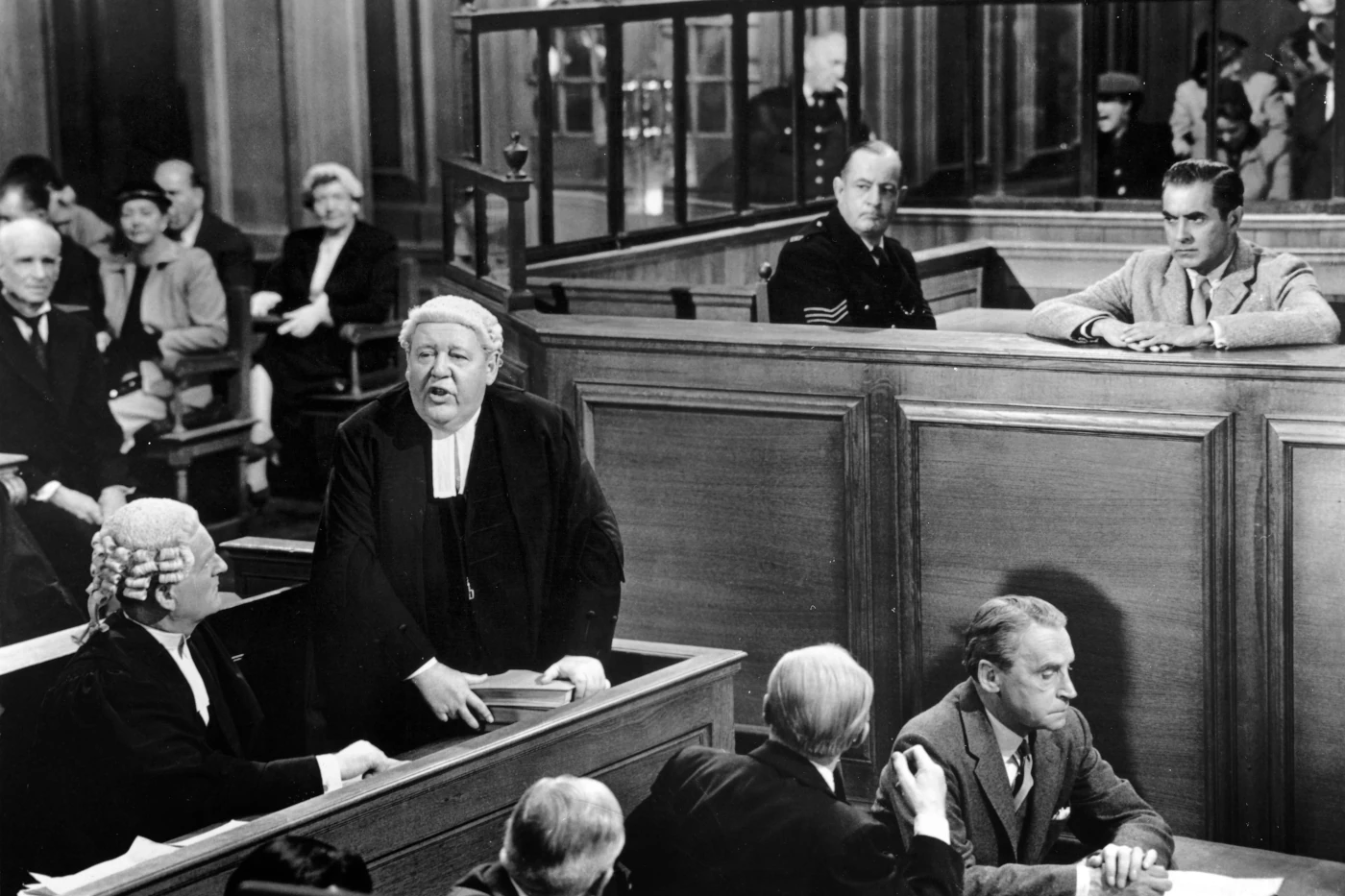
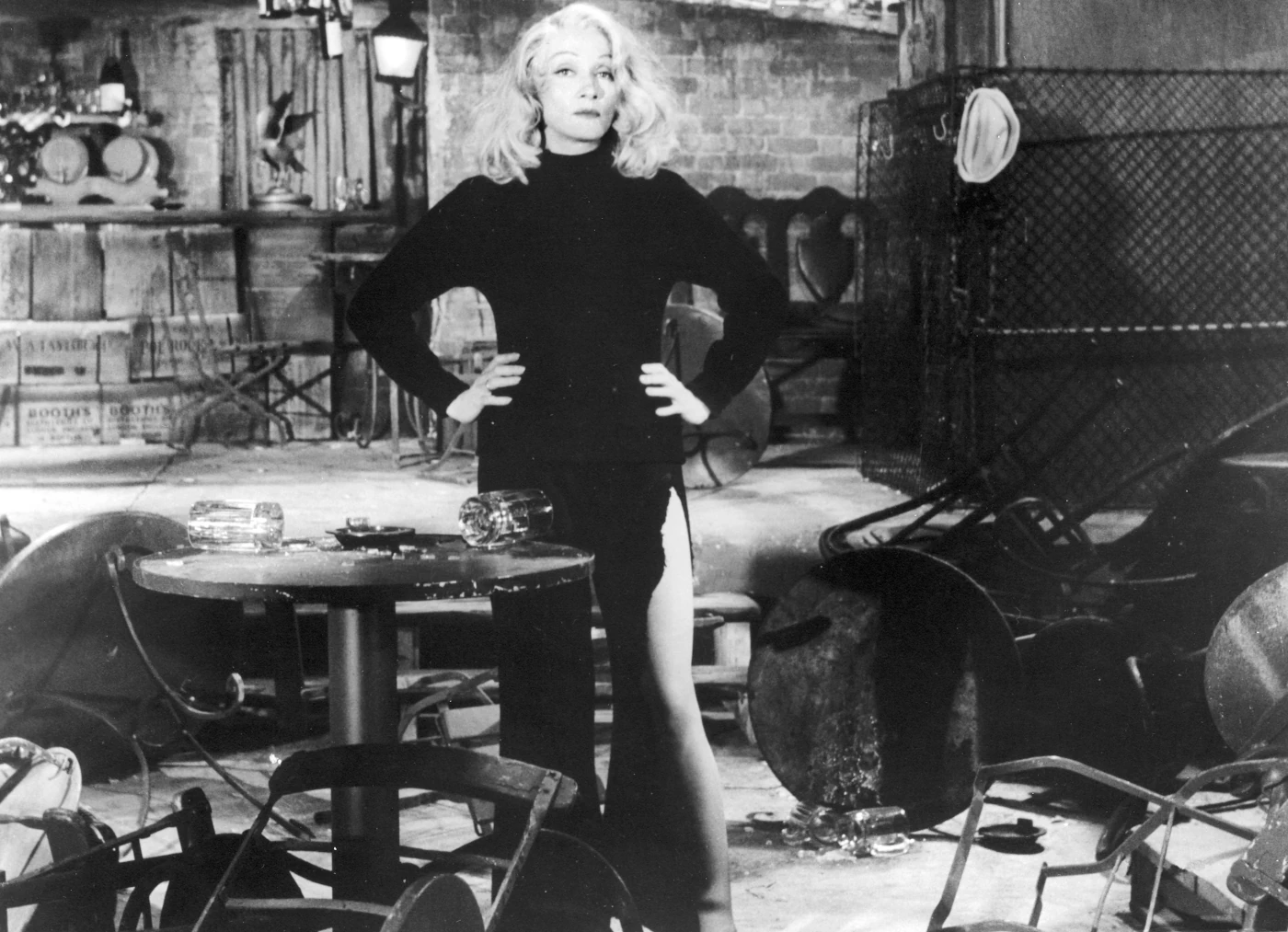
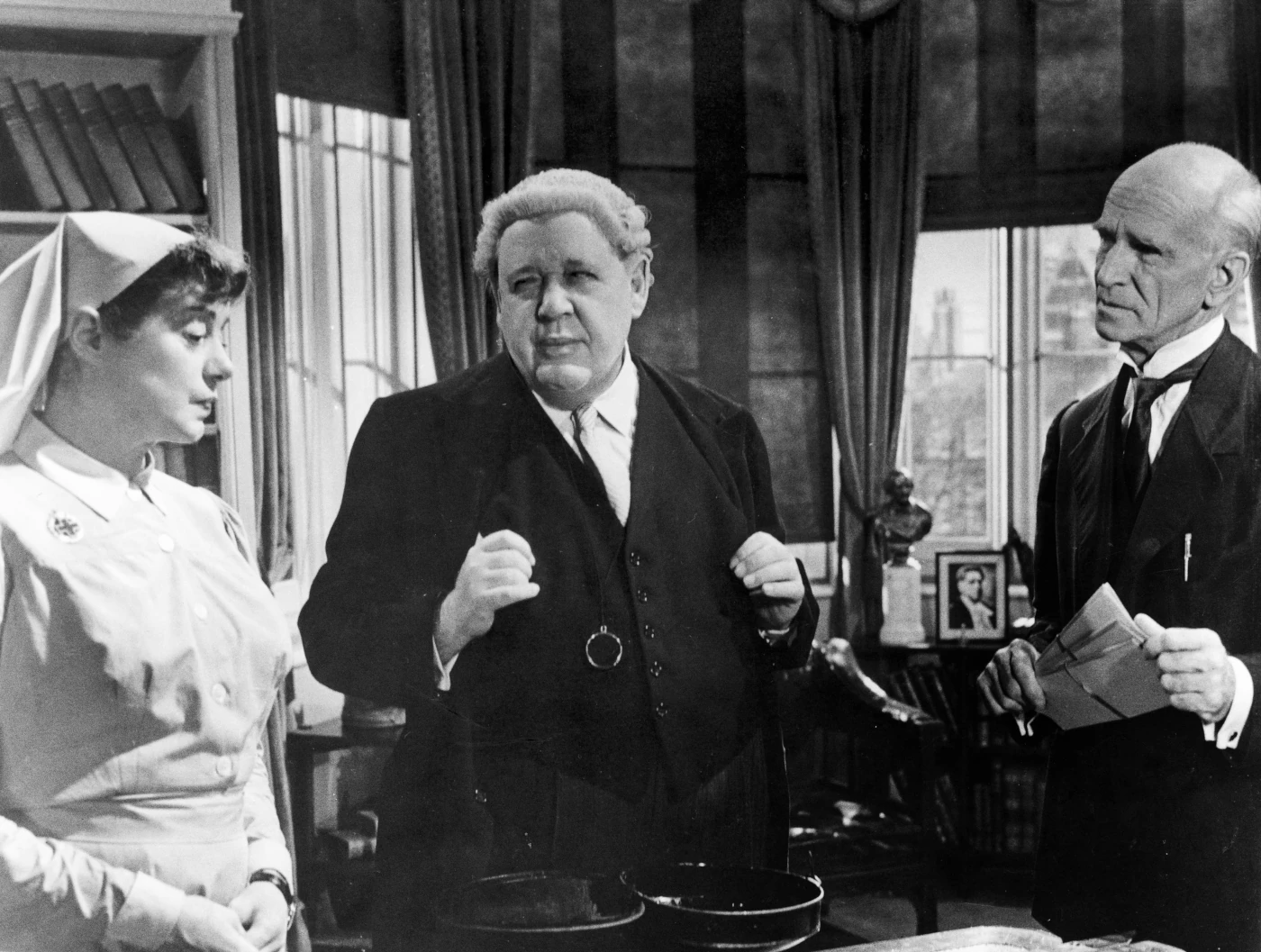
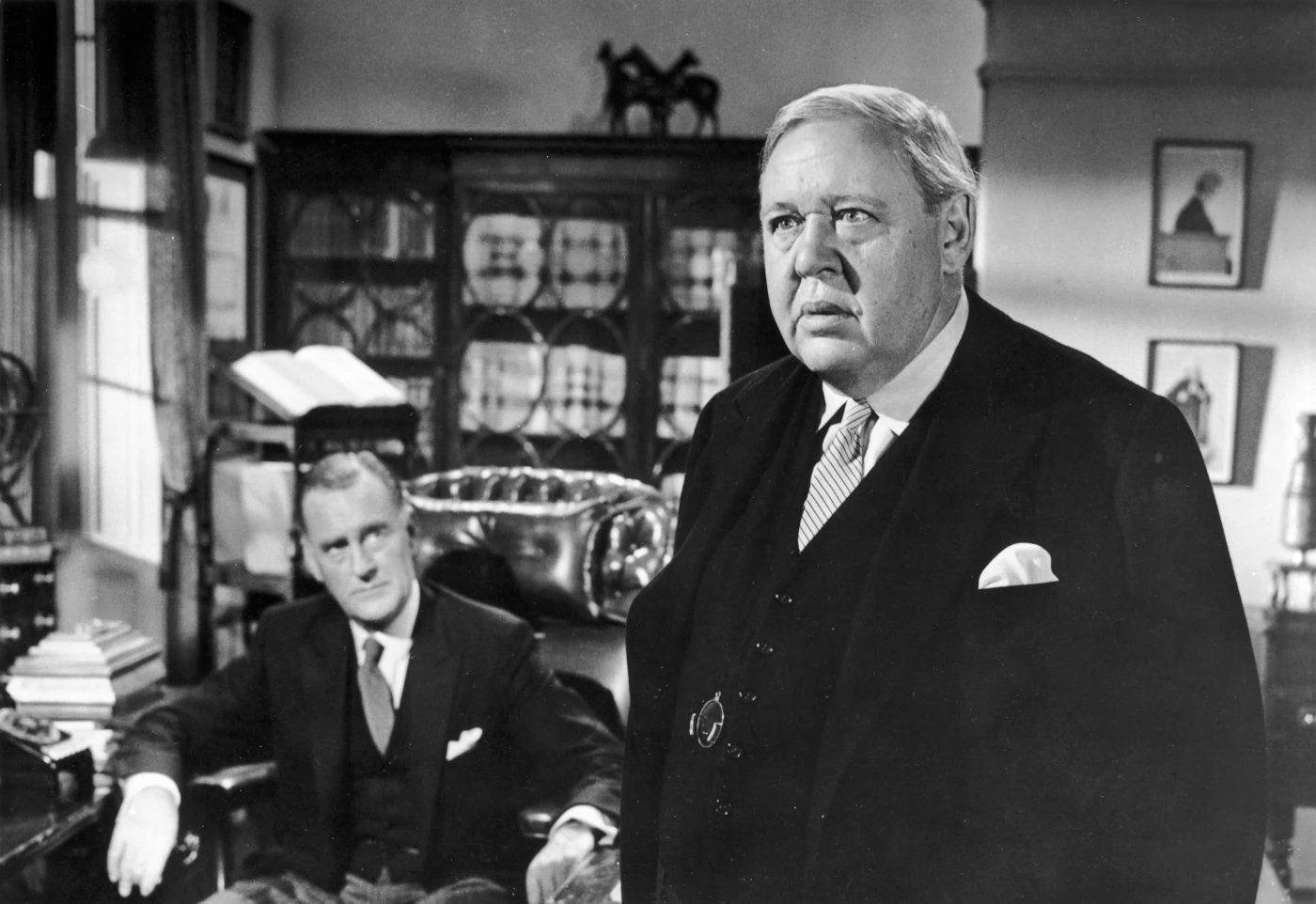
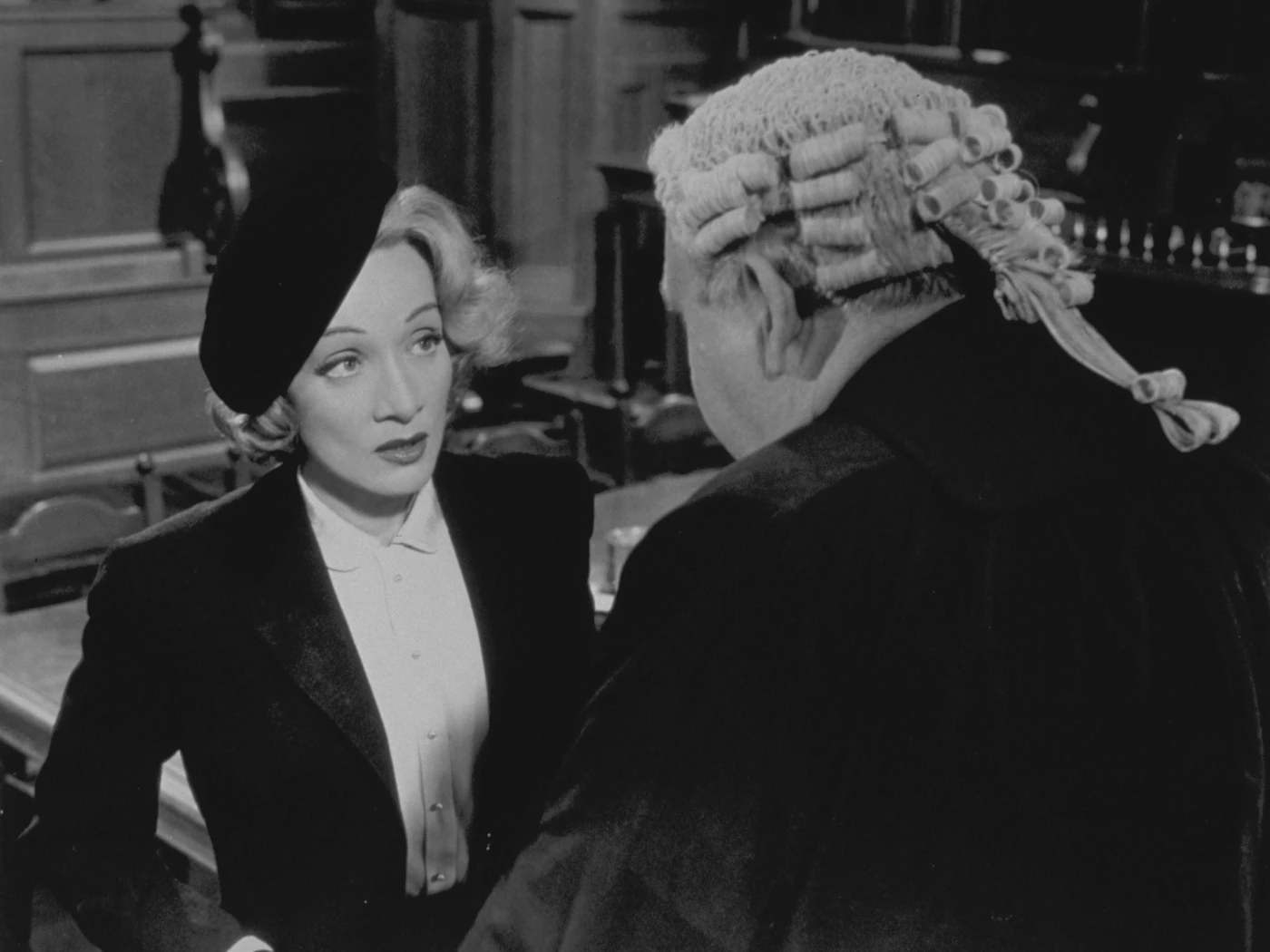


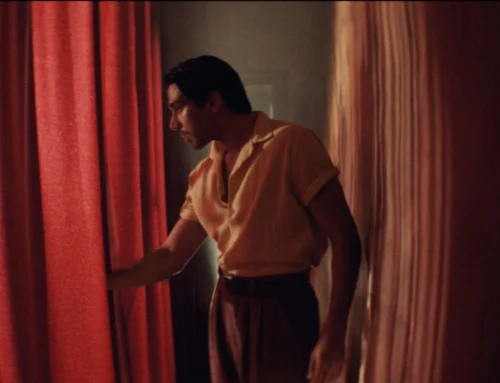
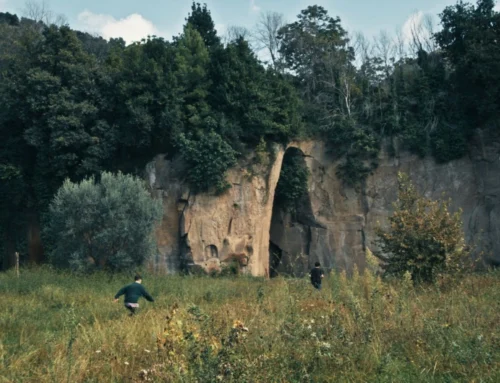
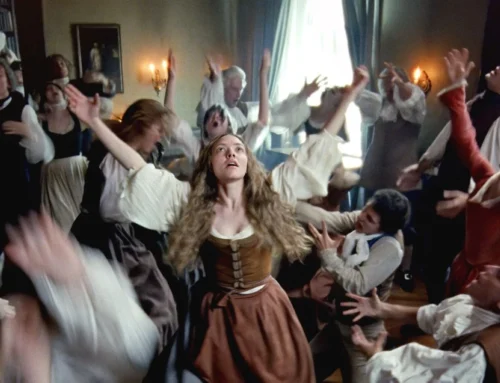

Hinterlasse einen Kommentar